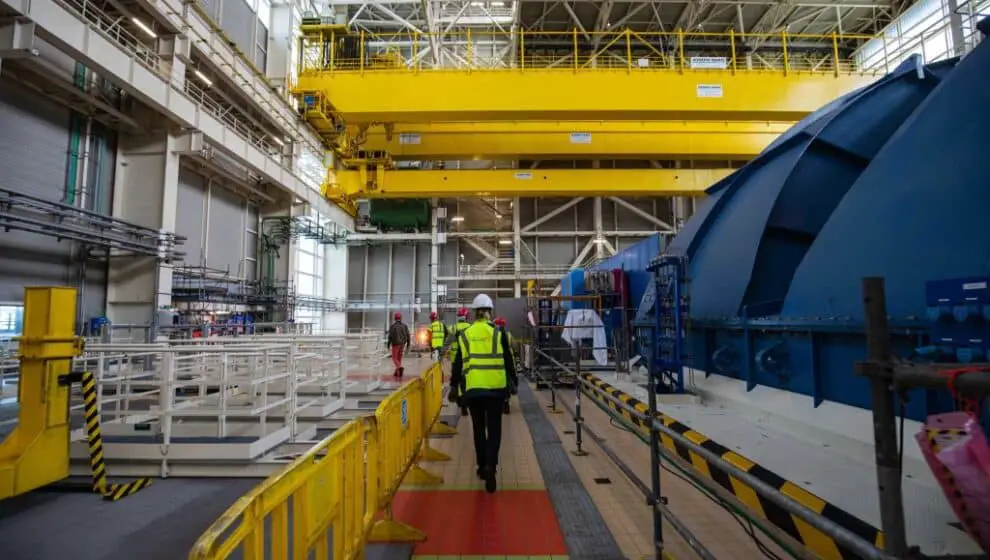French utility companies are struggling to meet employment demands as nuclear-power-plant development grows.
Key Details
- Électricité de France (EDF) is one of the largest utility companies in Europe and it is struggling to meet its recruitment needs for nuclear construction.
- As we previously reported, Europe is facing an ongoing energy crisis as the War in Ukraine limits the supply of oil and natural gas flowing from Russia, skyrocketing prices and threatening vital supplies.
- Europe is adapting to the crisis by developing more of its grid to energy sources like nuclear, although the process is proving difficult—with existing reactors growing old and new reactors struggling to go into production.
- The French nuclear industry was previously focused on shutting down active reactors and lessening the industry’s impact, which has ill-prepared the industry for the current crisis where nuclear is coming into a more positive light.
Why it’s Important
The demand for welders, pipe-fitters, and boiler makers to build and repair nuclear reactors has never been higher in Europe, and yet the demand isn’t being met, Reuters reports. It is even struggling to meet the demands of its active reactors so that it can keep them at full capacity.
“The problem is that in France such skilled workers are in short supply. So much so that EDF, which has a reputation for delays and cost overruns in building nuclear plants, has had to fly in around 100 of them from the United States and Canada,” says Reuters.
“The utility, which is in the process of being fully nationalized, is racing against time to ensure its nuclear fleet can run at full capacity for the depths of winter. It has already seen its electricity output this year drop to a 30-year low due to a record number of outages.”
EDF is in the process of building an additional six reactors and training a class of 40 welding students in 2022. Next year’s class is expected to increase to more than 200 welders. This still won’t fully meet the demands for new workers, with at least an additional 1,000 welders needed by 2030.
The hiring process isn’t aided by the challenges of the job, which requires three years more training than a standard welder and regular exposure to dangerous environments. It isn’t uncommon for large classes of training welders to shrink to a handful of successful candidates. EDF has expedited the process in the meantime by recruiting North American welders to meet momentary demand.

